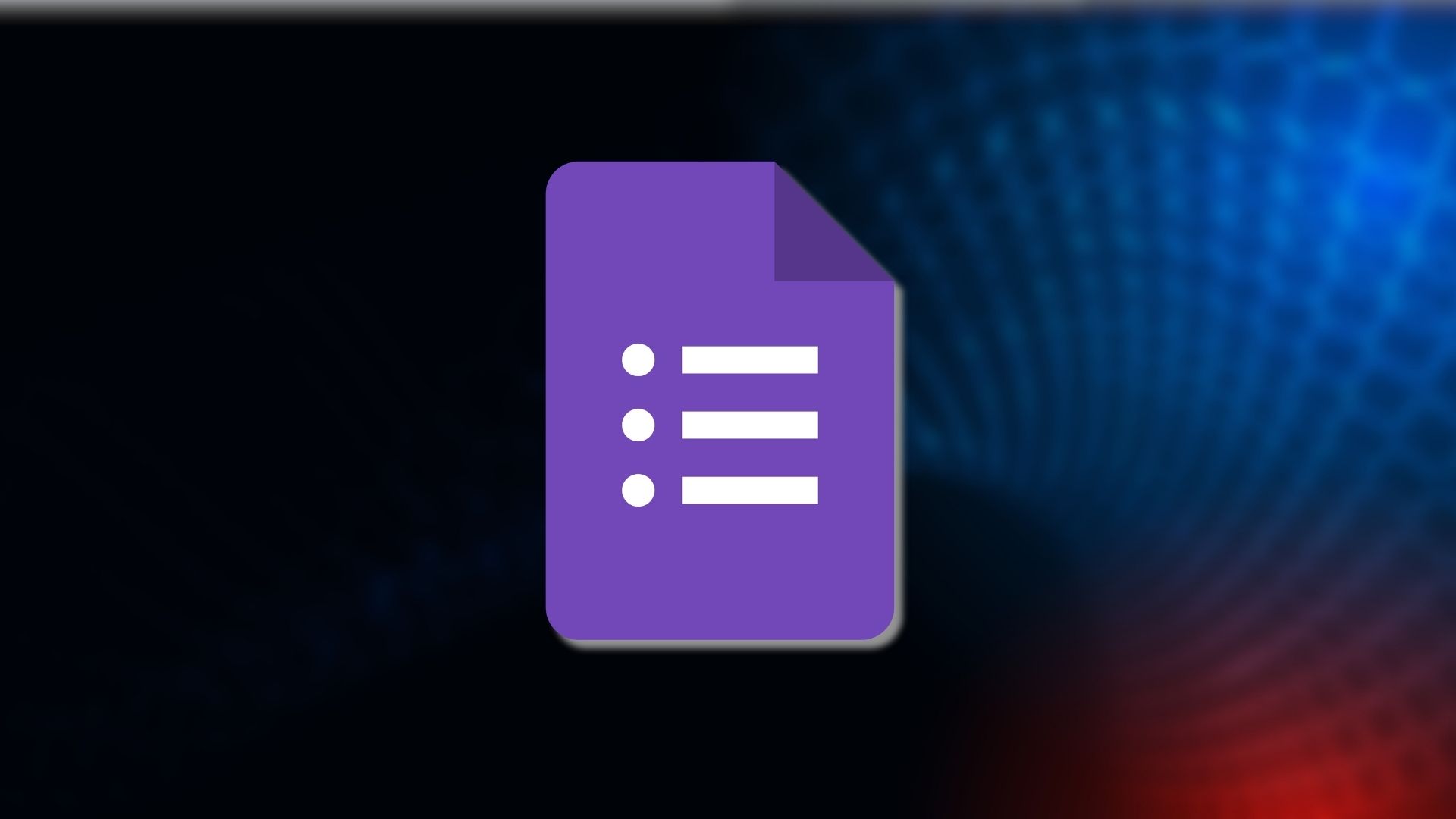The transatlantic debate over ‘digital sovereignty’ is also, in a discrete measure, about whose rules govern online speech. In the EU, digital sovereignty has essentially meant building enforceable guardrails for platforms, especially around illegal content, systemic risks, and transparency, through instruments such as the Digital Services Act (DSA) and its transparency mechanisms for content moderation decisions. In Washington, the emphasis has been shifting toward ‘free speech diplomacy‘, framing some EU online-safety measures as de facto censorship that spills across borders when US-based platforms comply with the EU requirements.
What is ‘freedom.gov’?
The newest flashpoint is a reported US State Department plan to develop an online portal, widely described as ‘freedom.gov‘, intended to help users in the EU and elsewhere access content blocked under local rules, and it aligns with the Trump administration policy and a State Department programme called Internet Freedom. The ‘freedom.gov’ plan reportedly includes adding VPN-like functionality so traffic would appear to originate in the US, effectively sidestepping geographic enforcement of content restrictions. According to the US House of Representatives’ legal framework, the idea could be seen as a digital-rights tool, but experts warn it would export a US free-speech standard into jurisdictions that regulate hate speech and extremist material more tightly.
The ‘freedom.gov’ portal story occurs within a broader escalation that has already moved from rhetoric to sanctions. In late 2025, the US imposed visa bans on several EU figures it accused of pressuring platforms to suppress ‘American viewpoints,’ a move the EU governments and officials condemned as unjustified and politically coercive. The episode brought to the conclusion that Washington is treating some foreign content-governance actions not as domestic regulation, but as a challenge to US speech norms and US technology firms.
The EU legal perspective
From the EU perspective, this framing misses the point of to DSA. The Commission argues that the DSA is about platform accountability, requiring large platforms to assess and mitigate systemic risks, explain moderation decisions, and provide users with avenues to appeal. The EU has also built new transparency infrastructure, such as the DSA Transparency Database, to make moderation decisions more visible and auditable. Civil-society groups broadly supportive of the DSA stress that it targets illegal content and opaque algorithmic amplification; critics, especially in US policy circles, argue that compliance burdens fall disproportionately on major US platforms and can chill lawful speech through risk-averse moderation.
That’s where the two sides’ risk models diverge most sharply. The EU rules are shaped by the view that disinformation, hate speech, and extremist propaganda can create systemic harms that platforms must proactively reduce. On the other side, the US critics counter that ‘harm’ categories can expand into viewpoint policing, and that tools like a government-backed portal or VPN could be portrayed as restoring access to lawful expression. Yet the same reporting that casts the portal as a speech workaround also notes it may facilitate access to content the EU considers dangerous, raising questions about whether the initiative is rights-protective ‘diplomacy,’ a geopolitical pressure tactic, or something closer to state-enabled circumvention.
Why does it matter?
The dispute has gone from theoretical to practical, reshaping digital alliances, compliance strategies, and even travel rights for policy actors, not to mention digital sovereignty in the governance of online discourse and data. The EU’s approach is to make platforms responsible for systemic online risks through enforceable transparency and risk-reduction duties, while the US approach is increasingly to contest those duties as censorship with extraterritorial effects, using instruments ranging from public messaging to visa restrictions, and, potentially, state-backed bypass tools.
What could we expect then, if not a more fragmented internet, with platforms pulled between competing legal expectations, users encountering different speech environments by region, and governments treating content policy as an extension of foreign policy, complete with retaliation, countermeasures, and escalating mistrust?
Would you like to learn more about AI, tech and digital diplomacy? If so, ask our Diplo chatbot!










